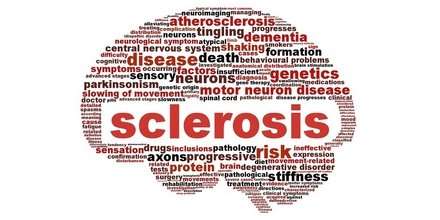 A study conducted by Stanford University and the U.S. Department of Veterans’ Affairs highlights the need to treat mothers with Post-Traumatic Stress Disorder (PTSD).
A study conducted by Stanford University and the U.S. Department of Veterans’ Affairs highlights the need to treat mothers with Post-Traumatic Stress Disorder (PTSD).
Post-Traumatic Stress “sets off biologic pathways”
An analysis of more than 16,000 births by female veterans found clear evidence that strong, lasting stress disrupts the normal progress of pregnancy.
Women with the condition were about one-third more likely to deliver early, the study concluded.
 “Stress is setting off biologic pathways that are inducing preterm labor,” Ciaran Phibbs, the study’s senior author and an associate professor of pediatrics at Stanford, said in a statement. “This study gives us a convincing epidemiological basis to say that, yes, PTSD is a risk factor for preterm delivery.“
“Stress is setting off biologic pathways that are inducing preterm labor,” Ciaran Phibbs, the study’s senior author and an associate professor of pediatrics at Stanford, said in a statement. “This study gives us a convincing epidemiological basis to say that, yes, PTSD is a risk factor for preterm delivery.“
Solution in sight

Hoever, the study, published online in Obstetrics & Gynecology, also offered hope that treatment could prove effective in reducing the risk.
Researchers found that if a woman had been diagnosed with PTSD in the past but had not experienced the disorder in the year before giving birth, her risk of delivering early was no higher than it was for women without PTSD.
“This makes us hopeful that if you treat a mom who has active PTSD early in her pregnancy, her stress level could be reduced, and the risk of giving birth prematurely might go down,” Phibbs said.
Abstract of the academic article
Full statement by Stanford Medicine


















